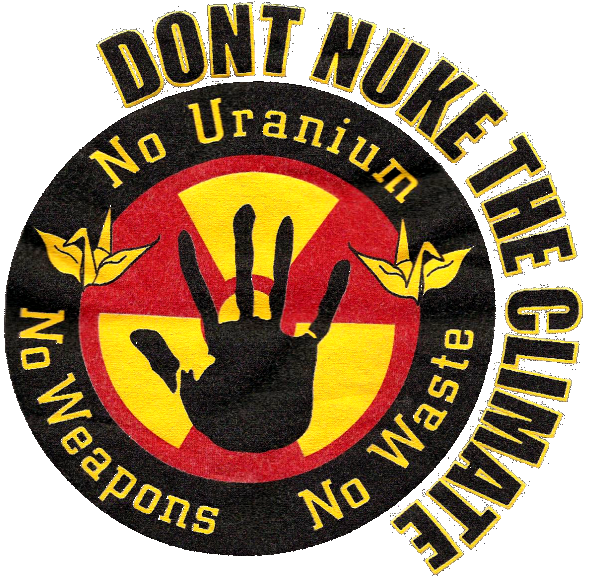 The origin of Britain's civil nuclear programme is closely linked with nuclear weapons. The first reactor - the "Windscale Piles" at Sellafield, began producing plutonium for nuclear weapons 1950. Britain's first commercial reactor - Calder Hall at Sellafield - was a dual-purpose reactor, with the main purpose being the production of plutionum for Britain's nuclear weapons. The same applies to the second commercial reactor at Chapelcross.
The origin of Britain's civil nuclear programme is closely linked with nuclear weapons. The first reactor - the "Windscale Piles" at Sellafield, began producing plutonium for nuclear weapons 1950. Britain's first commercial reactor - Calder Hall at Sellafield - was a dual-purpose reactor, with the main purpose being the production of plutionum for Britain's nuclear weapons. The same applies to the second commercial reactor at Chapelcross.
Later reactors were primarily built for the production of electricity, and in April 1995 the UK Government announced that all production of plutonium for weapons purposes had ceased.
At its peak in 1997, about 26% of Britain's electricity was generated by nuclear power. This has now gone down to less than 20%, and only 16% in 2009.
At present, the government wants to build new nuclear power stations at eight sites - all of which are existing nuclear sites. However, opposition to nuclear power is again growing. This website provides information for the growing anti nuclear power movement in Britain, with a special focus on nonviolent direct action against nuclear power.
Recent posts
15 Aug 2012 - 20:50
London actions in solidarity with Japanese protests against restarting of nuclear reactors.
11 Aug 2012 - 14:04
by NellyNonukes
The government's proposed Energy Bill is set to offer a blank cheque to the nuclear sector to build more power stations - a move which renewable energy firms fear will kill off future investment in green energy
11 Aug 2012 - 11:32
Sixteen anti-nuclear protesters - half of them Japanese - gathered outside the Japanese embassy in Piccadilly, London on Friday morning (10 August), for the second week running, in a demonstration organised by London-based group Kick Nuclear. This was in solidarity with weekly demonstrations taking place outside the Prime Minister’s offices in Tokyo and elsewhere in Japan against the restarting of nuclear reactors as the Fukushima crisis continues.
14 Jul 2012 - 12:58
On Friday, Kick Nuclear and London Mining Network took part in two demonstrations in central London - at the Australian High Commission and at the UK headquarters of mining giant BHP Billiton - to show solidarity with The Lizard's Revenge protest festival taking place this weekend in the South Australian desert.
9 Jul 2012 - 20:47
Photos and original report:
24 May 2012 - 23:04
By Wyatt Olson
Stars and Stripes
Published: May 23, 2012
YOKOTA AIR BASE, Japan — As the Fukushima Daiichi nuclear plant crisis escalated in March 2011, Japan Prime Minister Naoto Kan secretly requested a worst-case scenario from the chairman of the Japan Atomic Energy Commission.
24 May 2012 - 23:02
Andy Johnson, CTVNews.ca
Date: Saturday May. 19, 2012 8:20 PM ET
More than a year after a devastating earthquake and tsunami triggered a massive nuclear disaster, experts are warning that Japan isn't out of the woods yet and the worst nuclear storm the world has ever seen could be just one earthquake away from reality.
 The origin of Britain's civil nuclear programme is closely linked with nuclear weapons. The first reactor - the "Windscale Piles" at Sellafield, began producing plutonium for nuclear weapons 1950. Britain's first commercial reactor - Calder Hall at Sellafield - was a dual-purpose reactor, with the main purpose being the production of plutionum for Britain's nuclear weapons. The same applies to the second commercial reactor at Chapelcross.
The origin of Britain's civil nuclear programme is closely linked with nuclear weapons. The first reactor - the "Windscale Piles" at Sellafield, began producing plutonium for nuclear weapons 1950. Britain's first commercial reactor - Calder Hall at Sellafield - was a dual-purpose reactor, with the main purpose being the production of plutionum for Britain's nuclear weapons. The same applies to the second commercial reactor at Chapelcross.